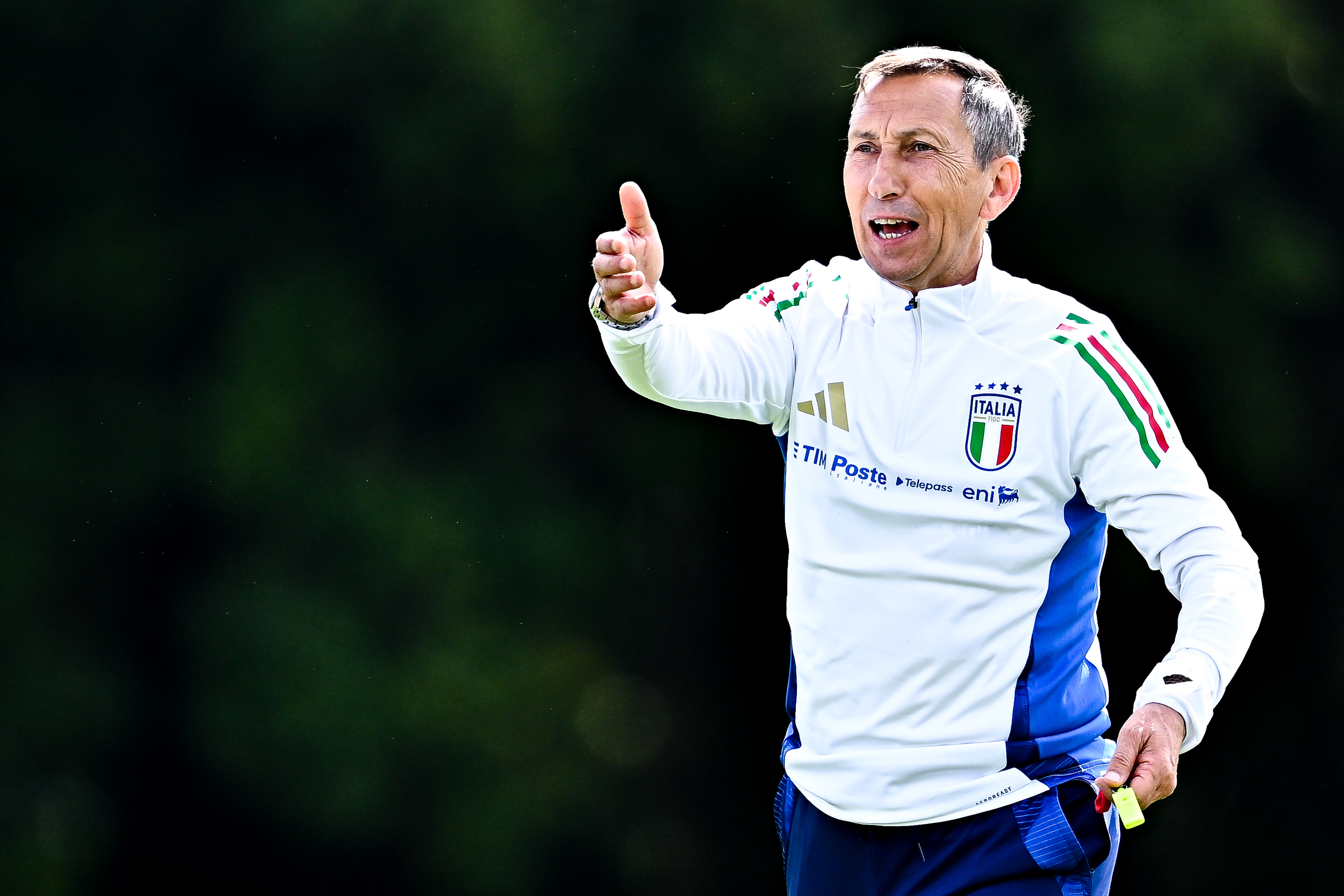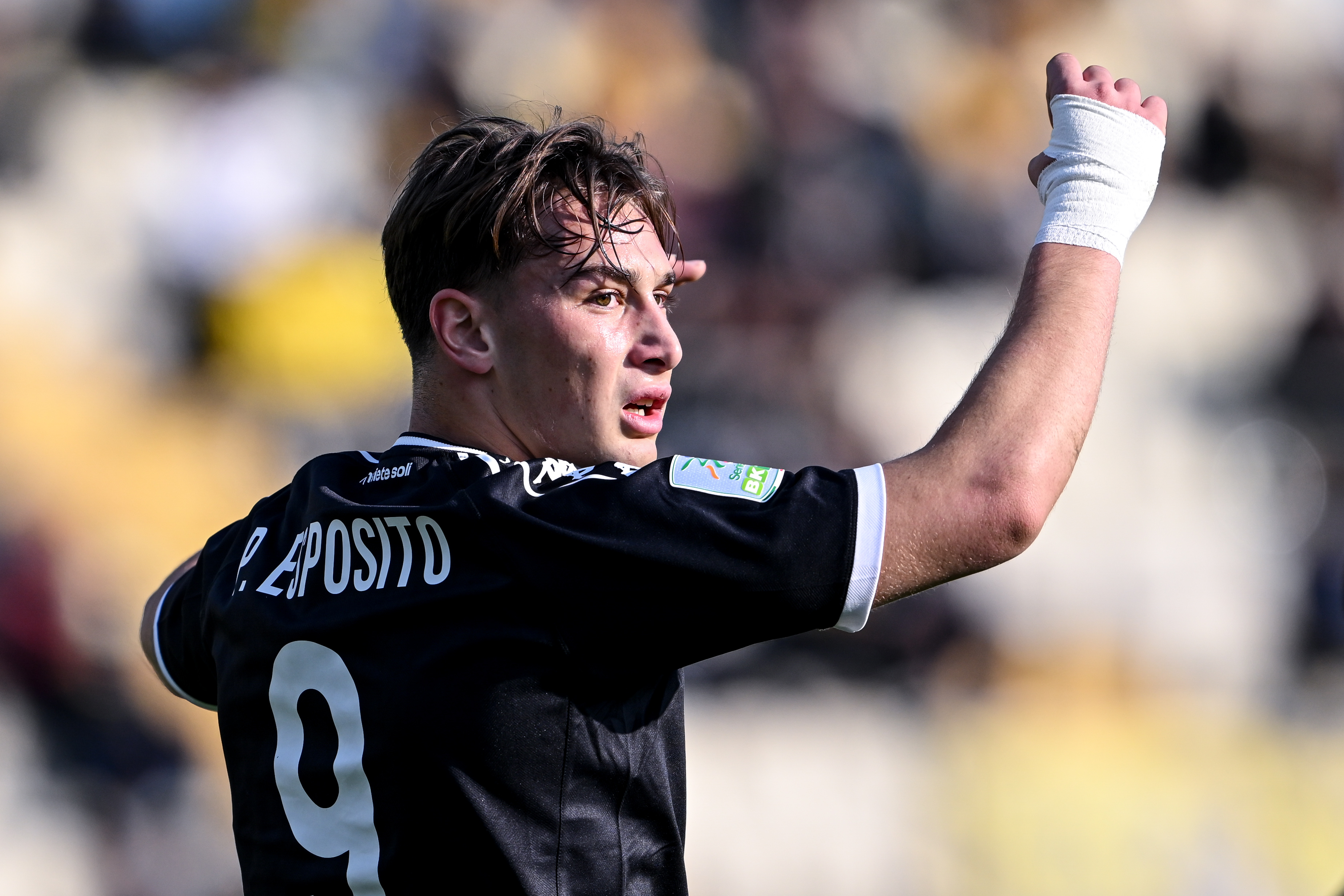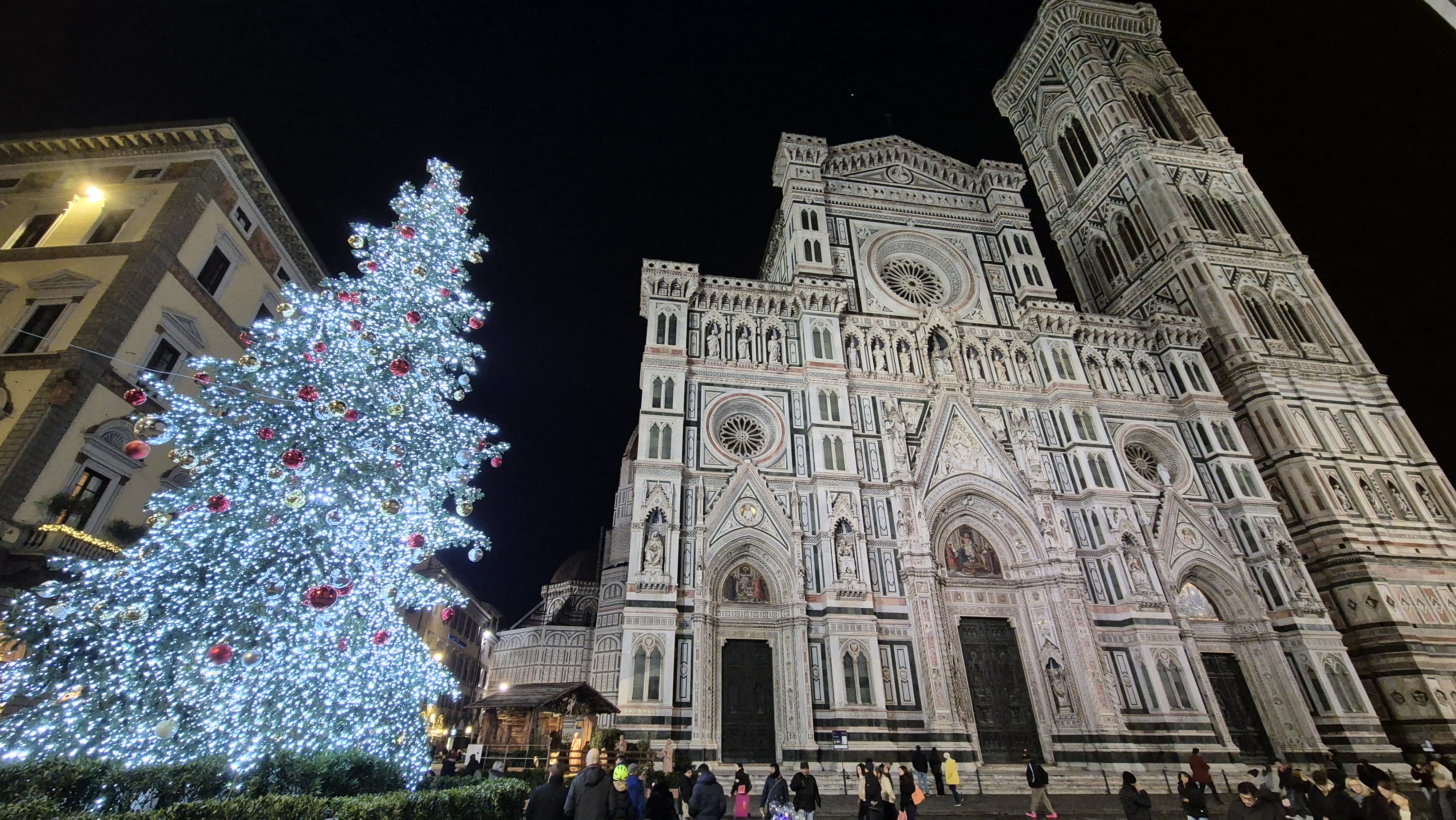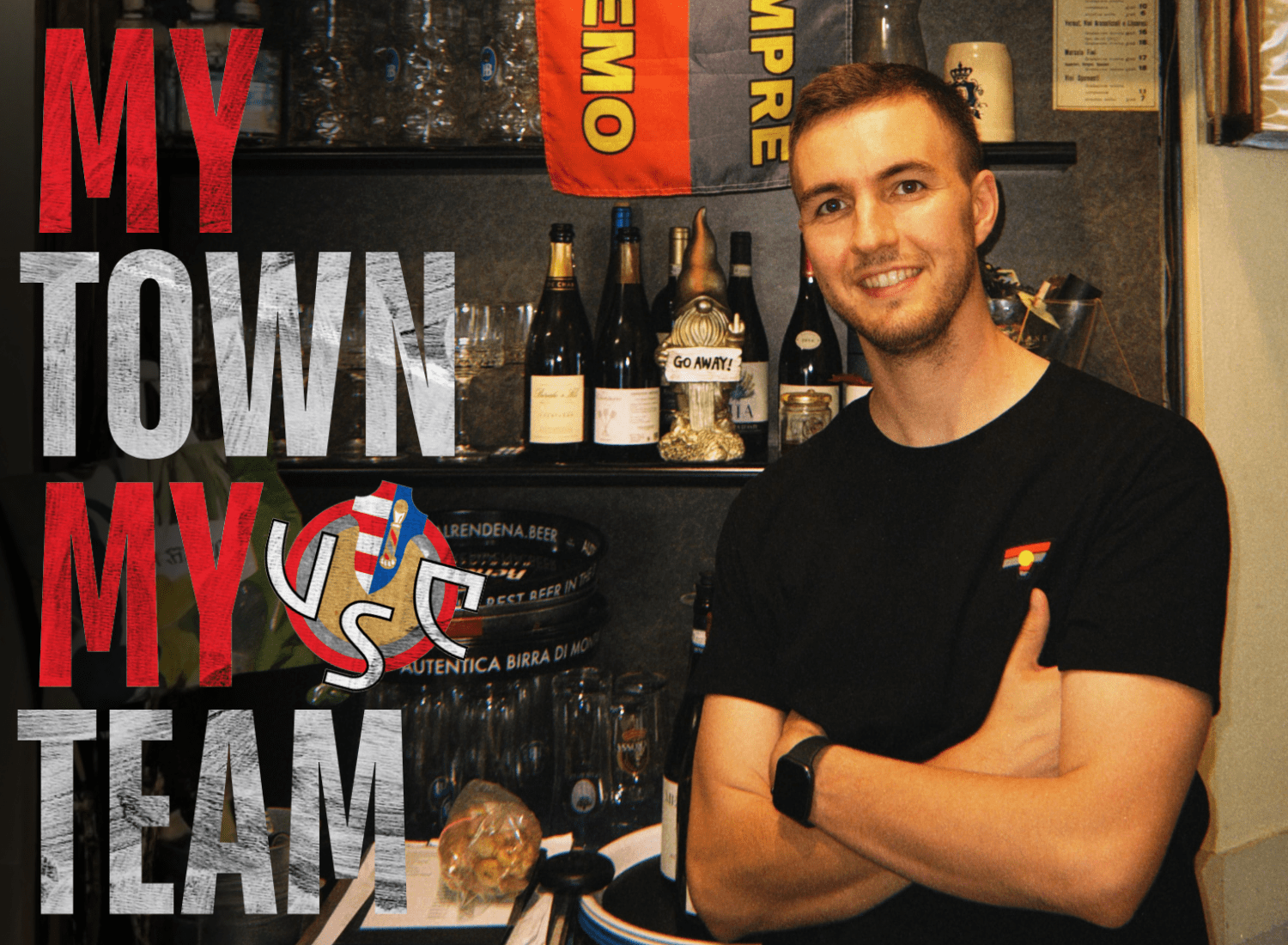
Italy Must Hope Euro Under-21 Can Provide a Spark Amid the Gloom
By Dan Cancian
Whenever Italian football has found itself in dire straits, international tournaments have delivered a timely tonic.
Think of the 1982 World Cup victory coming on the back of the Totonero scandal and of the 2006 triumph in the wake of Calciopoli. Italian football thrives on adversity.
Which is just as well, given the Euro Under-21 gets underway in Slovakia on Wednesday after one of the most absurd weeks in the glorious history of Italy’s national team.
To recap, Italy were trounced 3-0 by Norway in Oslo on Friday in their World Cup qualifier, a result which left them nine points adrift of the Scandinavians after two matches, albeit with two games in hand.
Then on Sunday Sky Italia reported Luciano Spalletti had decided to step away from his role as Azzurri manager.
When the 66-year-old appeared in front of the media an hour later, it soon became apparent that he had in fact been sacked following a meeting with Italian FA president Giuseppe Gravina.
There was still time for Spalletti to take charge of Monday’s 2-0 win against Moldova, before Claudio Ranieri politely turned down the Italian FA’s advances. Having rescued Roma this season, would he fancy taking Italy to the World Cup next year? Ranieri, as it transpired, would not.
Against that backdrop, the Azzurrini travel to Slovakia looking to provide some light amid the gloom.
The days when Italy used to dominate this competition are long gone, but Carmine Nunziata cut a quietly optimistic figure ahead of his team’s debut against Romania in Trnava on Wednesday night.
“The first game is crucial,” he said.

“I’ve played in many tournaments, and in a group of four, the first game is incredibly important. We’re ready. Physical condition will matter, but ultimately, it’s our mindset and motivation that will make the difference.”
As Nunziata noted, a fast start is crucial for Italy, who take on Slovakia on Saturday and then face Spain in the final game of Group A on Tuesday.
Two years ago, the Azzurrini lost their opening game to France and never recovered, crashing out in the group stage after finishing level on points with Switzerland and Norway.
One of the pre-tournament favourites, Spain won 28 out of a possible 30 points in the qualifying stage and the prospect of having to beat them to progress is unpalatable.
Italy topped their own qualifying group with 22 points in 10 games, but begin the tournament with far lower expectations than their Group A rivals.
The Azzurrini last reached the final in 2013 when they lost to Spain and haven’t made it out of their group in two of the past three editions, with a defeat in the quarter-finals against Portugal in 2021 sandwiched in between.
Even accounting for the cyclical nature of football, it is a drastic decline for a team that won the title three times in a row under Cesare Maldini between 1992 and 1996 and triumphed again in 2000 and 2004.
If Italy are to end the drought, Nunziata will have to do so without arguably his best player, Francesco Pio Esposito, who will miss the tournament because of a knee injury.
The 19-year-old enjoyed a breakout season in Serie B, scoring 19 goals in 39 appearances including the play-offs with Spezia as the Ligurians narrowly missed out on promotion. Esposito was Italy’s top scorer with six goals in the qualifying stage and Nunziata did not try to sugarcoat his absence.
“He offered a different dimension to our team, a true target man who served as a focal point for us,” he said.
“His absence means we’ll have to adjust our methods and work with different players, but that’s precisely the challenge I’m here for.”
Even without Esposito, Nunziata has plenty of attacking talent at his disposal including Tommaso Baldanzi, who averages one goal every two matches for the Azzurrini.
Leeds United forward Wilfried Gnonto, Burnley winger Luca Koleosho and Frosinone striker Giuseppe Ambrosino will jostle for the remaining spots up-front.
Italy’s biggest strength arguably lies in midfield, where Cesare Casadei and Giovanni Fabbian will be asked to create and chip in with goals themselves. Still only 22, the pair have plenty of experience under their belt.

Fabbian played in the Champions League with Bologna this season, as did Matteo Ruggeri for Atalanta, while Casadei was called up to the senior team for the fixtures against Norway and Moldova along with Diego Coppola.
The Torino midfielder and the Hellas Verona defender joined their Italy Under-21 teammates on Monday and both are expected to feature against Romania.
Lorenzo Pirola, meanwhile, will wear the captain’s armband. The eldest member in the squad at 23 years of age, the defender arrives at the Euros fresh from winning the Greek Super League with Olympiacos.
At the other end of the spectrum, Alessandro Bianco, Jacopo Fazzini and Issa Doumbia all experienced relegation this season with Monza, Empoli and Venezia respectively.
Nunziata took Italy to the Under-20 World Cup final two years ago and 12 of the players in that squad have been selected for the Euros.
If there are any concerns over Nunziata’s selections they stem from the limited opportunities some of his players have had this season.
Matteo Prati, for example, played just 573 minutes of Serie A football this season for Cagliari across 12 appearances, but remains a pivotal figure in the Italy Under-21 midfield.
“Unfortunately, many players have seen limited playing time at their clubs,” Nunziata said.
The issue speaks to a wider, concerning trend. In Serie A this season, only 13 Italian players aged 23 or younger played more than 1,000 minutes. The creation of Under-23 sides at Juventus, Atalanta and Milan was a direct response to the critique that sending young talent on loan every season was not productive. Yet Juve’s young side finished mid-table in Serie C, while Milan Futuro were relegated to Serie D.
In a top 10 list of players to have played the most minutes in Serie A this season, only three Italians made the list, and one of them, Lecce’s Wladimiro Falcone, is a goalkeeper. It is another reminder that all is not well in Italian football.
A successful Euro Under-21 tournament will go some way towards delivering some much-needed good news.
Related Articles
Related Articles
Florence is a dream destination year-round, but visiting during the winter months offers a completely different and magical experience.
We get a local take on what's hot in Cremona - where to eat and drink, sights to see and handy hints that might not be in the tourist guides.
The Artemio Franchi will always be the main reason calcio fans head to Florence but there is one other thing that must be on the to-do list.




